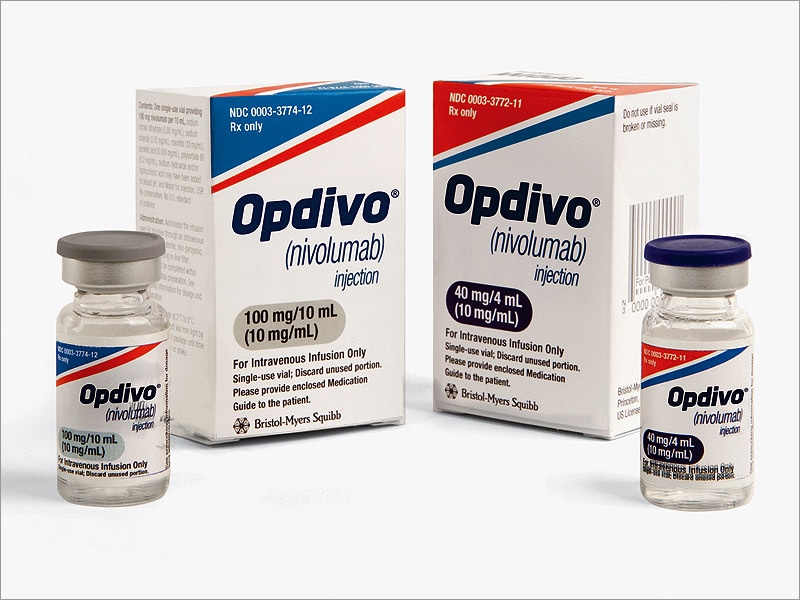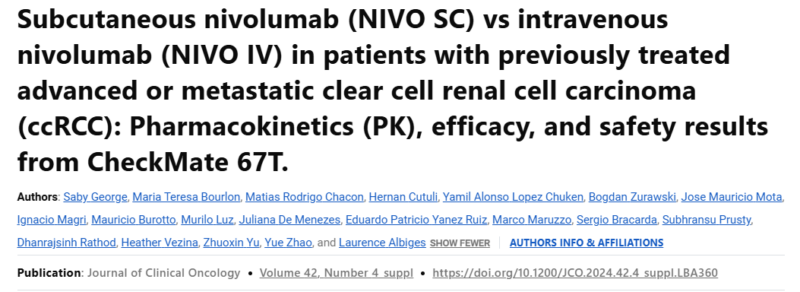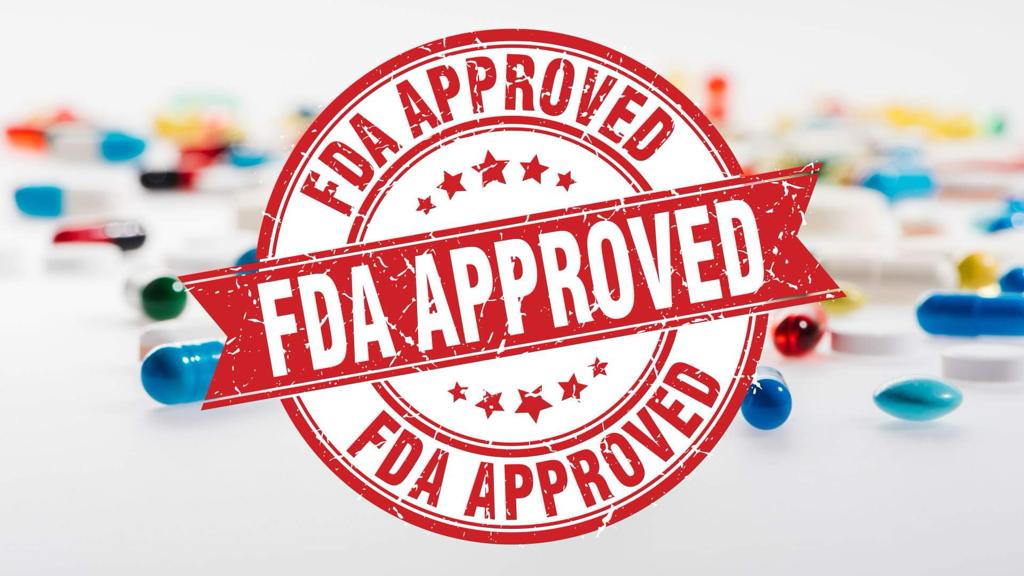Nivolumab, sold under the brand name Opdivo, is an immunotherapy medication used in the treatment of various cancers, including melanoma, lung cancer, malignant pleural mesothelioma, renal cell carcinoma, Hodgkin lymphoma, and others. It works as a checkpoint inhibitor by blocking the PD-1 protein, which prevents T cells from attacking cancer cells. This helps the immune system recognize and fight cancer more effectively. Nivolumab is commonly administered intravenously, and it has become a critical option in the treatment of several advanced and metastatic cancers.
The side effects of nivolumab can include fatigue, rash, musculoskeletal pain, pruritus (itching), and diarrhea. Other common symptoms include nausea, weakness, cough, shortness of breath, constipation, decreased appetite, back pain, and joint pain. In some cases, patients may also experience more severe immune-mediated side effects, such as inflammation of the lungs, liver, kidneys, and colon, as well as thyroid disorders, including hypothyroidism and hyperthyroidism. These side effects are a result of the immune system becoming overactive and attacking healthy tissues in addition to cancer cells.

Nivolumab is approved for various cancers, including in combination with other treatments. For example, it is used as a first-line treatment for inoperable or metastatic melanoma, often combined with ipilimumab. It is also effective in treating non-small cell lung cancer (NSCLC), urothelial carcinoma, and gastric cancers, among others. The drug has received FDA approval for various indications, including advanced or metastatic cancers, and is used both as a monotherapy and in combination with chemotherapy or other immunotherapies, offering patients new options when previous treatments fail.
In terms of safety, nivolumab’s side effects are generally similar to those seen in other immunotherapies. In clinical trials, side effects such as rash, upper respiratory infections, fatigue, and musculoskeletal pain were frequently observed. Serious side effects, such as autoimmune diabetes or life-threatening organ inflammation, are less common but still significant. Monitoring during treatment is crucial to manage these immune-related adverse events. Despite the potential for severe side effects, nivolumab has proven to be a valuable and effective treatment for many cancer patients.
About the First Author of the Study – Dr. Saby George
About the Approval
The regulatory decision was supported by the Phase 3 CHECKMATE-67T trial, which demonstrated the noninferiority of subcutaneous nivolumab compared to intravenous nivolumab. In the trial, the geometric mean of serum nivolumab concentrations (Cavg) over 28 days and Cmin at steady state were found to be significantly higher in the subcutaneous arm. Specifically, the Cavg for subcutaneous nivolumab was 77.373 μg/ml, compared to 36.875 μg/ml for intravenous nivolumab, showing a geometric mean ratio (GMR) of 2.098. Similarly, the Cmin at steady state was 122.227 μg/ml for subcutaneous nivolumab versus 68.901 μg/ml for the intravenous form, with a GMR of 1.774.
In patients with advanced or metastatic clear cell RCC, subcutaneous nivolumab demonstrated an overall response rate (ORR) of 24%, compared to 18% for intravenous nivolumab. The trial enrolled patients who were at least 18 years old, had histologically confirmed advanced or metastatic clear cell RCC with or without sarcomatoid features, and had experienced intolerance or progression on prior therapies. Patients who had received up to two prior lines of therapy and were naive to checkpoint inhibitors were included in the study. The trial found that both treatment arms had numerically similar results in terms of disease control rate (DCR), time to response (TTR), progression-free survival (PFS), overall survival (OS), and safety profiles.

The trial’s primary endpoints were the noninferiority of subcutaneous nivolumab to intravenous nivolumab in terms of Cavg over 28 days and Cmin at steady state. Secondary endpoints included ORR, DCR, TTR, PFS, OS, and safety. The DCR, TTR, PFS, and OS data were numerically similar between the two treatment arms, indicating that the subcutaneous form was as effective as the intravenous version in controlling the disease.
In terms of safety, the profiles for subcutaneous and intravenous nivolumab were similar. The most common adverse effects reported in at least 10% of patients in the subcutaneous arm included fatigue, musculoskeletal pain, pruritus (itching), rash, and cough. These side effects were consistent with the known safety profile of nivolumab, and no new safety concerns were raised by the subcutaneous formulation.
The recommended dosing schedule for subcutaneous nivolumab is indication-specific. For most indications, the dosing involves a flat dose of 1200 mg of nivolumab and 20,000 units of hyaluronidase administered every four weeks, although alternative regimens may be used depending on the specific cancer type. The treatment continues until disease progression, unacceptable toxicity, or as otherwise indicated in the prescribing information. This approval represents a significant advancement in cancer care, providing patients with a more convenient and potentially less invasive treatment option.






